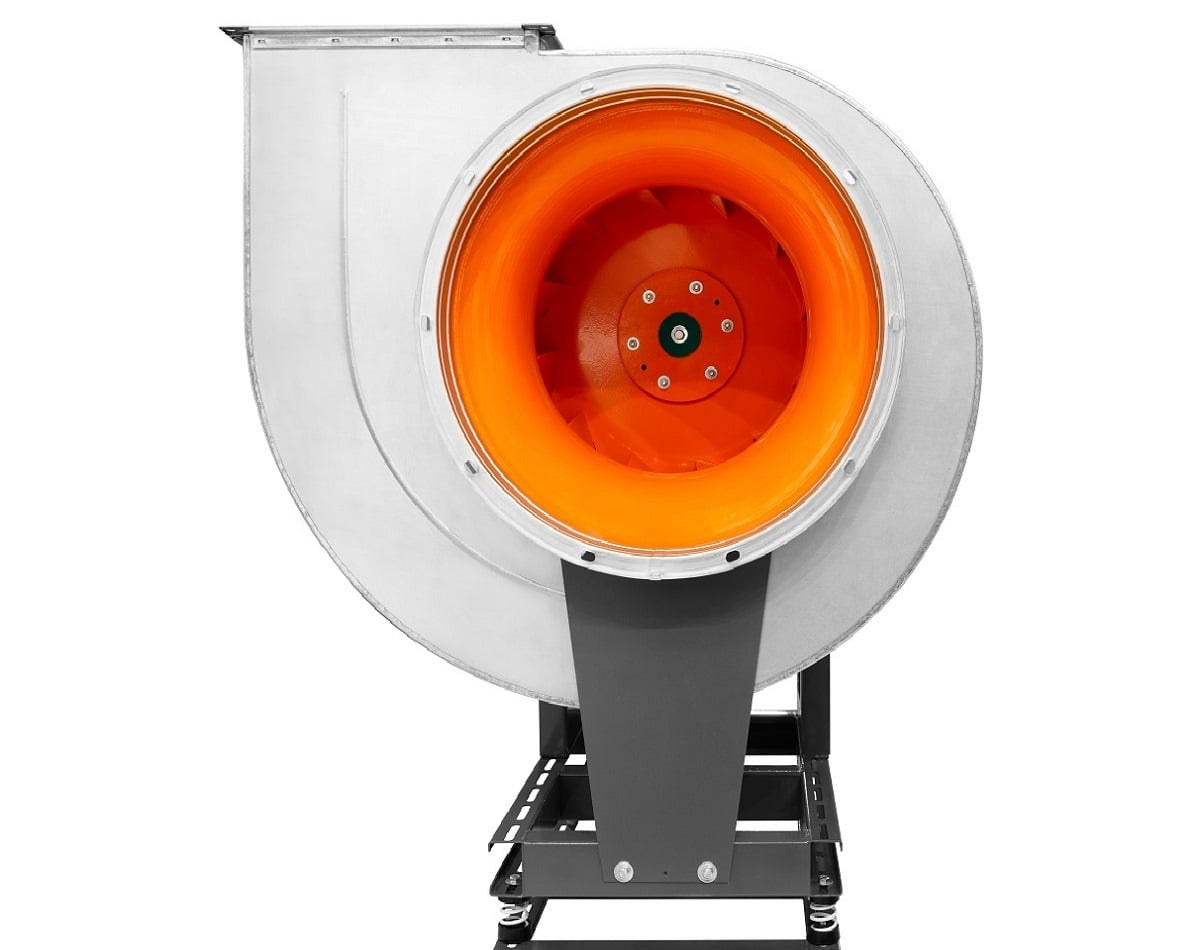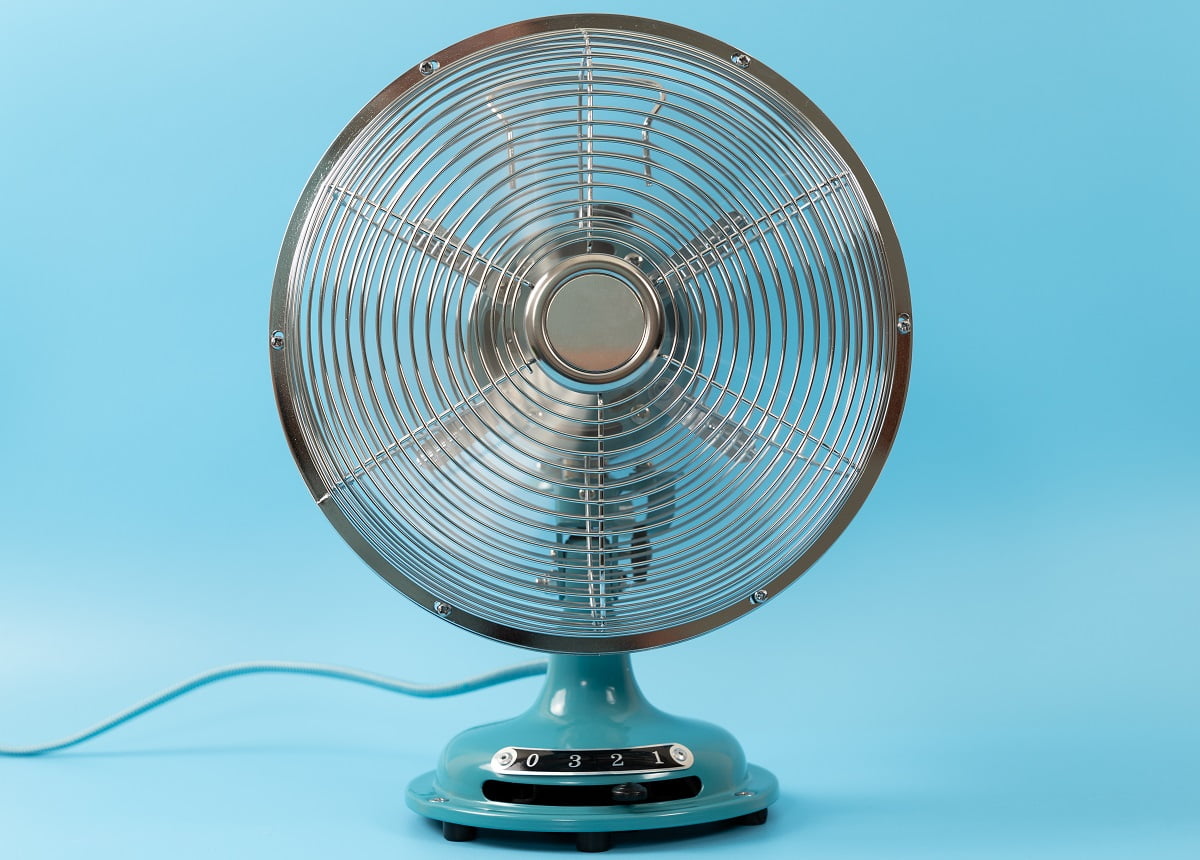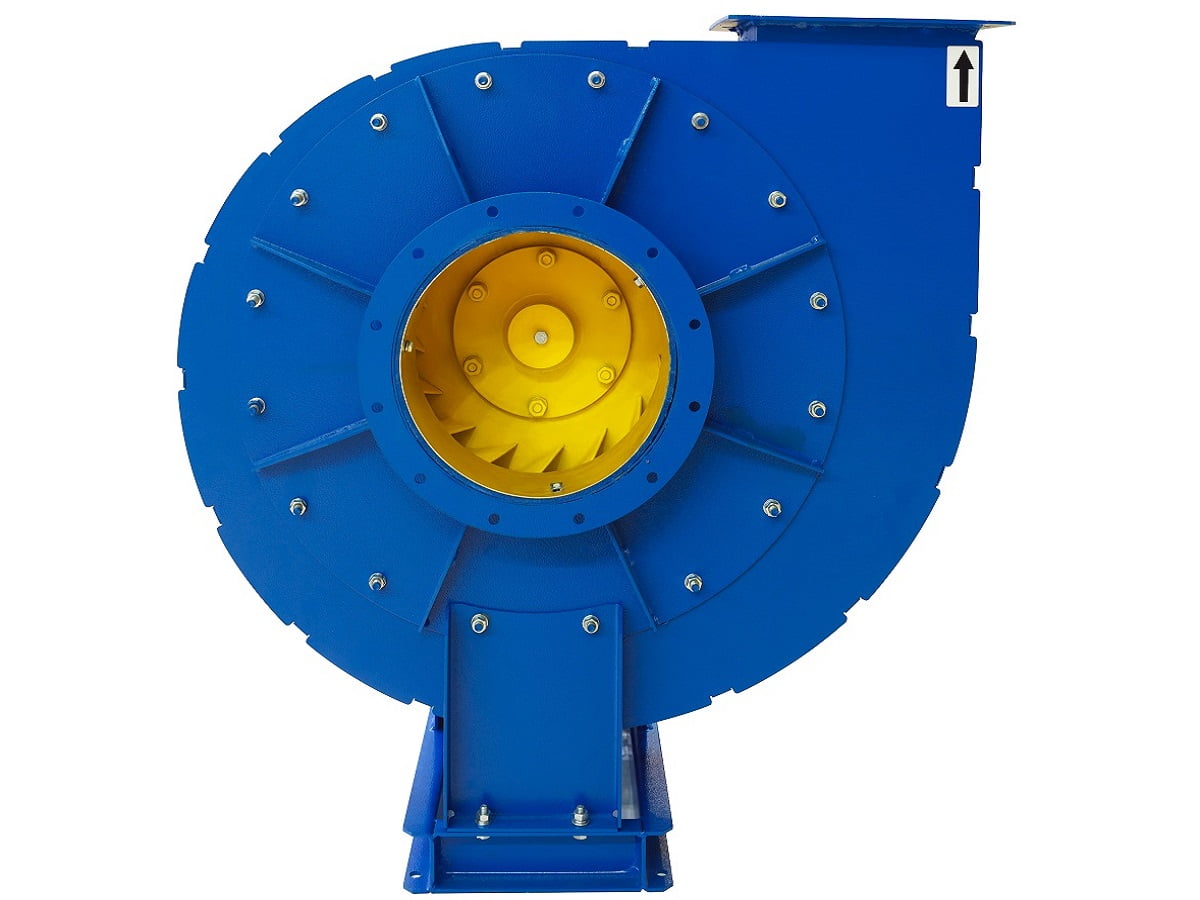A blower fan and a regular fan have different uses, and you should keep that in mind before deciding on one. While fans create a flow of air to keep the entire room cool, blowers provide a strong airflow in a specific direction.

There are many people who confuse fans with blowers and blower fans are same and also think that these two appliances can be used interchangeably. But that’s not the case, as these two appliances are technically different and serve different purposes.
Blowers are more suited for industrial applications, whereas fans are used pretty much everywhere. So, today, we are going to discuss what makes these two devices different from each other. This will help you understand how to make the most of them.
Let’s dive in!
Difference Between A Fan And A Blower Fan

If you are looking for direct and powerful airflow, there’s nothing better than getting your hands on an air blower. On the other hand, fans come with a range of modern features that might not be present in blowers.
Also, blower fans are not well-suited for wide-cooling. A fan circulates air better in a large space and is great for improving indoor air quality. Moreover, fans score better on energy efficiency, as the power bills will not drive a hole in your pockets.
To give you a better understanding of how these two devices are different, let us tell you what the American Society of Mechanical Engineering (ASME) has to say. According to ASME, fans and blower fans should primarily be differentiated on the basis of suction pressure and discharge pressure ratio.
Suction Pressure And Discharge Pressure
Going by ASME findings, fans and blowers have unique suction and discharge pressure ratios. Fans come with a pressure ratio up to 1.11. On the other hand, a blower mostly has a pressure ratio ranging between 1.11 and 1.2.
It is important to keep in mind that fans and blower fans both are ventilation devices that bring in air and throw some air out when they are functional. And during this process, a lot of dust, dirt and contaminants also get thrown out or eliminated. For example, industrial blower fans mostly have to handle high temperatures, chemicals and oil depending on the industry in which they are installed.
To help you understand better, here a quick summary of differences between fans and blower fans.
| Fan | Blower Fans |
| An electronic machine | A mechanical device |
| Uses blades for functioning | Uses impellers for rotation |
| Runs on low power | High electricity consumption |
| Provides medium to high air flow depending on the motor | Offers higher air flow compared to fans |
| Most common types include industrial axis fan, radial, and propeller fans | Two most common varieties are positive displacement blowers and centrifugal fans |
Different Uses For Blower Fans And Fans
Mechanical engineers will also tell you that blower fans and normal fans are used differently as their functions are pretty different. So, in this section, we will quickly take a look at where and when these appliances can be put to the best use.
1. Drying
When it comes to drying things, air blowers are definitely a great bet. They generally use centrifugal force and generate powerful airflow that dries up moisture pretty quickly. It ensures that the moisture-laden air is blown away and fresh air comes in to make the drying process super efficient.
Unlike fans, drying air blowers are great at producing strong airflow, making them better suited for drying activities.
2. Cooling
Summer afternoons might make you feel like roasted marshmallows dripping with sweat! You might even find the ice in your beverage melting even before taking a sip. Wondering what can bring you relief in these moments?
For cooling and air conditioning purposes, there’s nothing better than a fan. Unlike an air blower, a fan can provide area-wide cooling. So, you can chill in the room and feel the surrounding air turning cooler because of the fan.
Besides, fans come with electric motors and useful modern features such as remote controls, which make operating them super simple. And because the electricity consumption of fans is pretty low, you do not have to worry even if you leave them on for an entire day. Just don’t leave it running for days, as that might damage the internal combustion engines.
3. Workshop Usage
Centrifugal blowers and other types of air blowers are well suited for workshop space. Blowers are an excellent option to keep your workshop free of dust and unwanted mess. For example, it can be a lifesaver to keep wood dust and wood shaving at bay.
However, if you are planning to create better airflow in your workspace to ensure that it’s cold and breathable, it is best to use a garage fan. Its coverage is a lot better than air blowers, keeping you more comfortable while you work.
aIn short, blowers are best to keep the workshop clean and mess-free, whereas a fan can keep you comfortable.
Blower Fan Vs Fan Frequently Asked Questions ?
What is the use of a blower motor in a car?
The best blower motor for car performs two crucial functions-rotating the heater blower and AC fan. This is an electrical device that helps push air through the evaporator ducts and heater core.
Basically, it’s a major component of the HVAC systems in cars to maintain proper air circulation inside. And the assembly in the blower motor comes with a fan wheel and a 12 DC motor.
The working process of the motor fan is pretty interesting- it receives electricity from the battery of the car, gets charged and spins with the wheel. This rotating assembly helps move air into the passenger’s side through the vents.
Is using ceiling fans in the kitchen a good idea?
Using a ceiling fan in a kitchen with gas burners is not the best idea. Gas is inflammable, and in case there is a fire, it can cause the fire to spread quite rapidly across the house.
Instead, you can try using an exhaust fan or a chimney to ensure that hot air is removed from your kitchen. Conduct proper research on exhaust fan vs. chimney options to understand which will be better suited for your kitchen space.

Blower Fan Vs Fan Final Words
With that, we have reached the end of this guide. We hope that after reading this, you now have a better idea about how air blowers are different from fans.
Both blowers and fans make your life easy in the workshop and your home. However, to make the most of them, you need to know when to use what. So, study the area and determine the purpose of use before choosing one. To jog your memory, use fans for general cooling and blowers when you need more airflow.
Bye for now!
